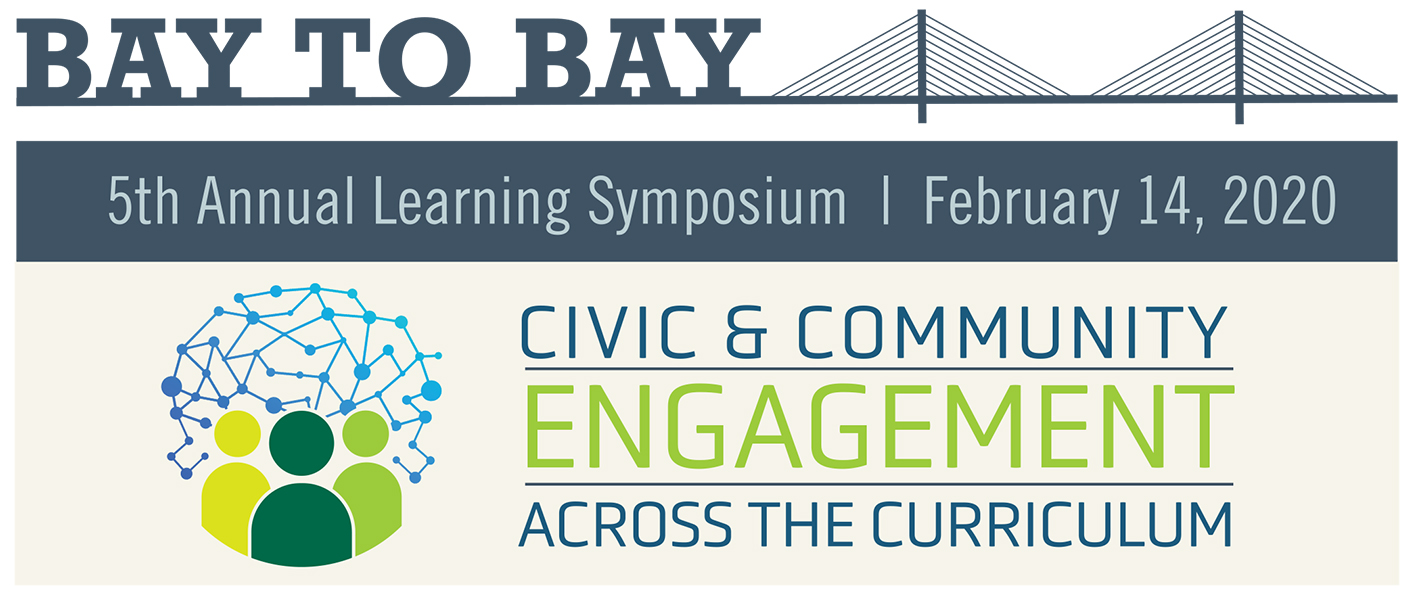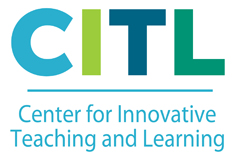Study-Abroad Students Aid Grassroots Development
Location
USC Ballrooms
Start Date
14-2-2020 3:00 PM
End Date
14-2-2020 4:00 PM
Abstract
Criticism targeted at top-down development efforts along with the call for grass-roots development and a focus on women (Kaiser, 2012; Sen & Grown, 2001; United States Agency for International Development [USAID], 2018), set the stage for this experiment in curriculum design. The goal of this presentation is to describe how university-level study abroad programs at the graduate level in entrepreneurship with a focus on service learning can help empower poor rural women in their quest to increase economic independence as well as social equity. Other objectives include delineating how such programs can improve student learning and help students attain specific learning outcomes as well as benefiting the College and the University with positive publicity. Finally, we will make a case that universities can impact positively sustainable economic development in emerging markets if they are willing and able to make a commitment to a specific geographic area.
References Kaiser, S. (2012). Development approaches: “Bottom-up” vs “top-down.” Retrieved April 29, 2019, from https://www.thedailystar.net/news-detail-252290 Sen, G., & Grown, C. (1987), Development, crises, and alternative visions: Third World women’s perspectives. New York, NY: New Feminist Library. USAID (2018). Gender equality and women’s empowerment. Retrieved July 1, 2019, from https://www.usaid.gov/what-we-do/gender-equality-and-womens-empowerment
Study-Abroad Students Aid Grassroots Development
USC Ballrooms
Criticism targeted at top-down development efforts along with the call for grass-roots development and a focus on women (Kaiser, 2012; Sen & Grown, 2001; United States Agency for International Development [USAID], 2018), set the stage for this experiment in curriculum design. The goal of this presentation is to describe how university-level study abroad programs at the graduate level in entrepreneurship with a focus on service learning can help empower poor rural women in their quest to increase economic independence as well as social equity. Other objectives include delineating how such programs can improve student learning and help students attain specific learning outcomes as well as benefiting the College and the University with positive publicity. Finally, we will make a case that universities can impact positively sustainable economic development in emerging markets if they are willing and able to make a commitment to a specific geographic area.
References Kaiser, S. (2012). Development approaches: “Bottom-up” vs “top-down.” Retrieved April 29, 2019, from https://www.thedailystar.net/news-detail-252290 Sen, G., & Grown, C. (1987), Development, crises, and alternative visions: Third World women’s perspectives. New York, NY: New Feminist Library. USAID (2018). Gender equality and women’s empowerment. Retrieved July 1, 2019, from https://www.usaid.gov/what-we-do/gender-equality-and-womens-empowerment





